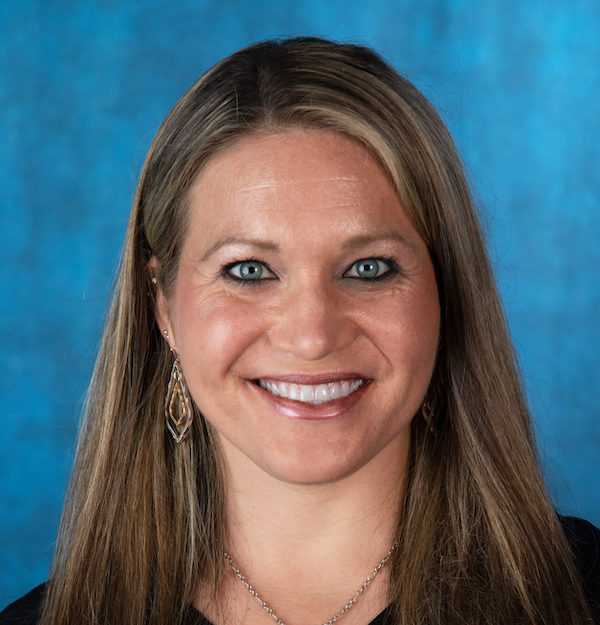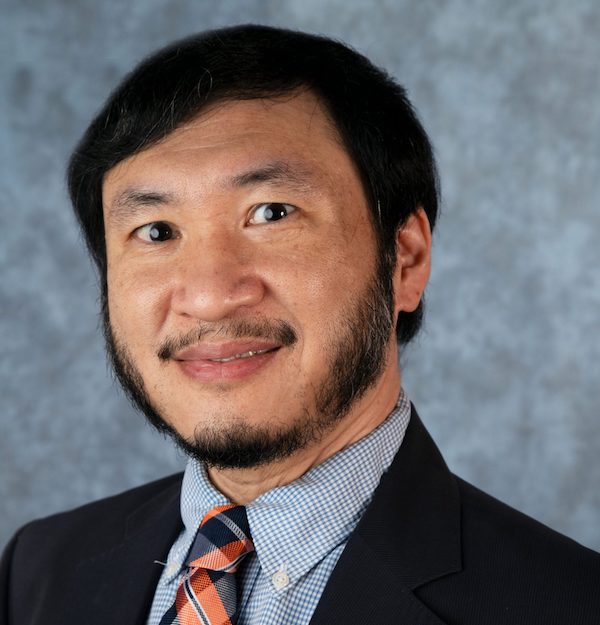In Summer 2021, the Texas Higher Education Coordinating Board (THECB) awarded a $5,000 Open Educational Resource (OER) Implementation Grant to two UTSA faculty: Professor Mark Leung, Interim Associate Dean for Undergraduate Studies, and Chair of Management Science and Statistics, and Kim Massaro, Senior Lecturer, to adopt an OER textbook for Basic Statistics (STA 1053) and to create ancillaries for the textbook.

While there is no shortage of OER textbooks for high-impact courses, the number of companion ancillaries for those same texts is much lower. The thrust of the THECB OER Implementation grants is to incentivize the creation of ancillaries for existing OER texts to fill the gap in the current OER landscape, making OER adoption an easier hurdle for faculty. Ancillaries are essential for STEM areas due to the nature of assignments and to ease grading for instructors teaching high enrollment gateway courses.
With the grant in hand, by Fall 2021, Massaro piloted OpenStax Introductory Business Statistics in one asynchronous online section, creating videos, PowerPoint slides, notes, and examples for each lecture. In December, after teaching a full semester with the materials, Massaro uploaded her CC-licensed ancillary drafts to OERTX, the THECB-managed OER repository for Texas Core Courses.
Her Spring 2022 efforts centered on rolling out the OER to two additional course sections, expanding the reaching to three of the six total sections offered, and collecting student feedback. After adjusting for feedback, Massaro will share the feedback in their final draft form to OERTX in Summer 2022.
Massaro and Leung estimate they are impacting 750 UTSA students with this work. Basic Statistics is a Texas Core Course, and the sharing of the self-created OER to OERTX multiplies the reach to thousands of students, saving them not only the expense but more importantly, supporting student academic success across the state.

Leung noted, “The key is to have standardization, so the required training for new instructors, including doctoral students as associate instructors, is streamlined. The infusion of OER is providing instructors the opportunity to develop a course narrative, create supplementary media, and incorporate student feedback for tailored instruction. While we are committing significant resources in the short run, our customizations are creating a niche UTSA course for the long term: supporting positive student perceptions of our program, creating engaged learning, and fostering belonging in a remote learning environment.”
“The supplementation of the OpenStax textbook with custom presentations and example videos has not only leant a more personal feel, but students appreciate the low cost,” added Massaro. “I have also adjusted for student feedback, creating additional resources after each semester. I have used PlayPosit to create interactive videos: a topic is presented and a question is embedded into the video about the material. This gives the students an opportunity to apply what they just learned, rewatch the video, or re-try the question again if missed. Playposit is just one example of technology that creates the feel of an “in-person” classroom in an online class.”
Student feedback has been very positive:
“The module lessons helped the most. They did an amazing job of providing an alternative to reading the textbook and understanding the material,” noted one student.
Another student added, “The PowerPoints with recorded lectures were engaging and made the material easy to understand. The additional recordings showing example problems were also very helpful and helped me see how to use the formulas presented in the PowerPoint.”
The beauty of OER is that the work will continue well after the deliverables have been met. According to Massaro, “Resources and activities will continue to be added and tailored based on student feedback each semester.”